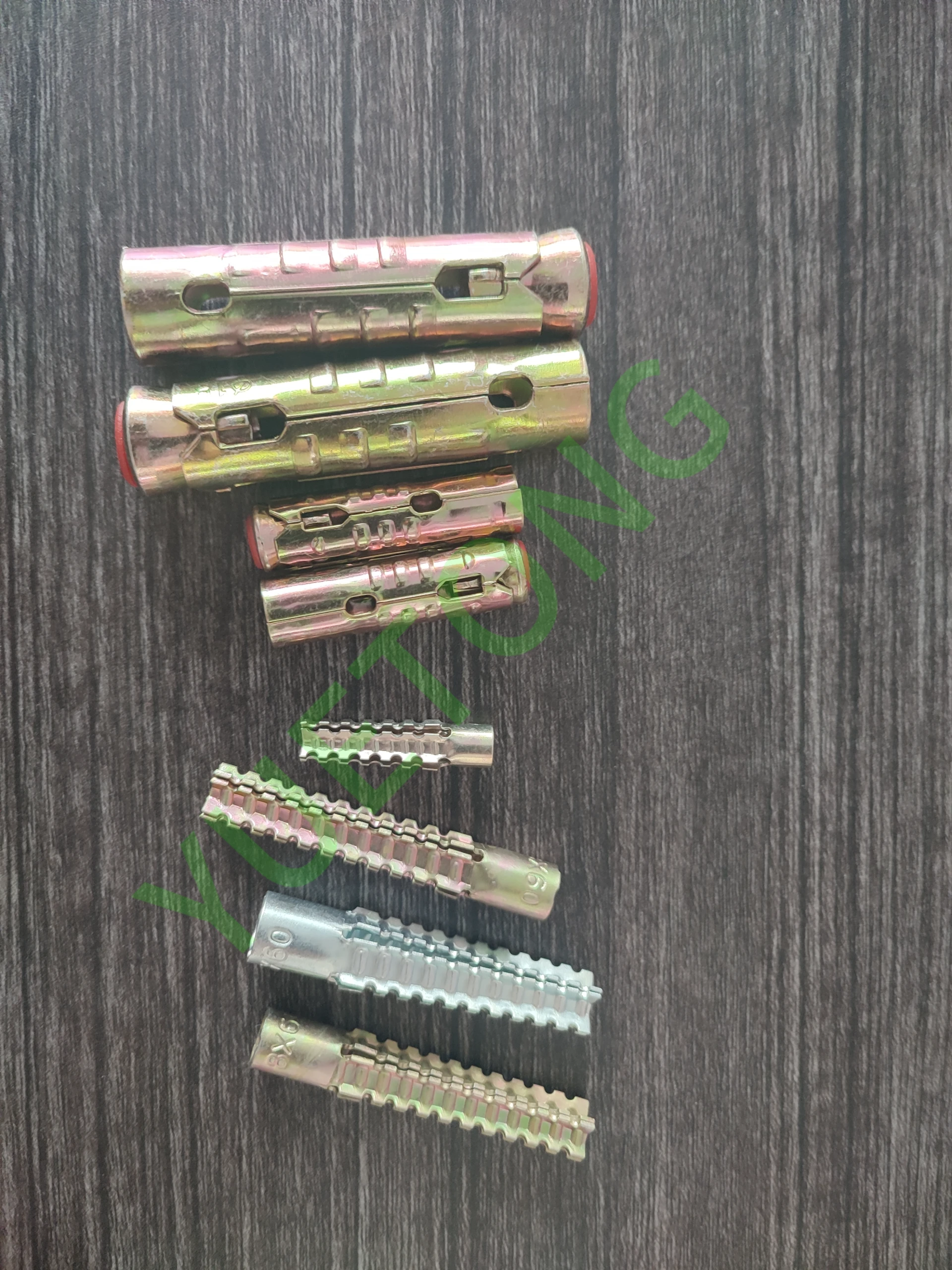nov. . 29, 2024 20:40 Back to list
High-Performance PTFE Threaded Rods for Versatile Industrial Applications
The Versatility of PTFE Threaded Rods
Polytetrafluoroethylene (PTFE) is widely recognized for its remarkable properties, making it one of the most sought-after materials in various industrial applications. Among its many forms, PTFE threaded rods stand out due to their unique combination of chemical resistance, non-stick qualities, and mechanical strength. These threaded rods are pivotal in scenarios where traditional materials would succumb to corrosion or degrade when exposed to harsh substances.
PTFE threaded rods are often utilized in environments unsuitable for metals or plastics that cannot withstand aggressive chemicals. Industries such as pharmaceuticals, food processing, chemical manufacturing, and electronics benefit significantly from the advantages of PTFE. The chemical inertness of PTFE allows it to resist a wide range of acids, bases, and solvents, making it suitable for applications where materials must avoid contamination or reaction with chemicals.
The Versatility of PTFE Threaded Rods
Moreover, PTFE's thermal stability is a significant advantage. It remains functional in a broad temperature range, from extremely low temperatures to above 260°C (500°F). This thermal resilience makes PTFE threaded rods ideal for applications that demand consistency and reliability under fluctuating temperature conditions. As a result, these rods are frequently employed in high-heat environments such as chemical reactors and industrial ovens, where traditional materials might fail or deform.
ptfe threaded rod

Another important factor to consider is the mechanical strength of PTFE threaded rods. While PTFE is known for its softness, innovative manufacturing techniques have enhanced its strength without compromising its inherent properties. These rods can support moderate loads and resist stress, making them suitable for structural applications where traditional materials are too risky to use.
The installation and usage of PTFE threaded rods are straightforward. They can be easily cut, machined, or fitted to meet specific requirements, greatly benefiting industries that require customization. Furthermore, the lightweight nature of PTFE simplifies handling, thus improving efficiency during assembly or replacement tasks.
It is essential to note that despite the benefits, PTFE threaded rods may not be suitable for every application. In situations involving heavy mechanical loads or extreme pressure, other materials such as metals may prove more effective. Therefore, it is crucial to assess the specific requirements of a project before selecting PTFE rods as a solution.
In conclusion, PTFE threaded rods represent a versatile and innovative solution in various industries. Their unique properties — including chemical resistance, non-stick surface, thermal stability, and reasonable mechanical strength — make them invaluable, particularly in applications where conventional materials would falter. As industries continue to evolve and seek effective solutions to unique challenges, the role of PTFE threaded rods is likely to expand, solidifying their position as a critical element in modern engineering practices.
-
The Ubiquitous Reach of DIN934 in Application Realms
NewsMay.16,2025
-
Exploring Different Bolt Types
NewsMay.16,2025
-
Cracking the Code of Sleeve Anchor Mastery
NewsMay.16,2025
-
Clamp Design Principles,Types and Innovations
NewsMay.16,2025
-
Artistry Inspired by the Humble Anchor Bolt
NewsMay.16,2025
-
A Deep Dive into Screw Types
NewsMay.16,2025


